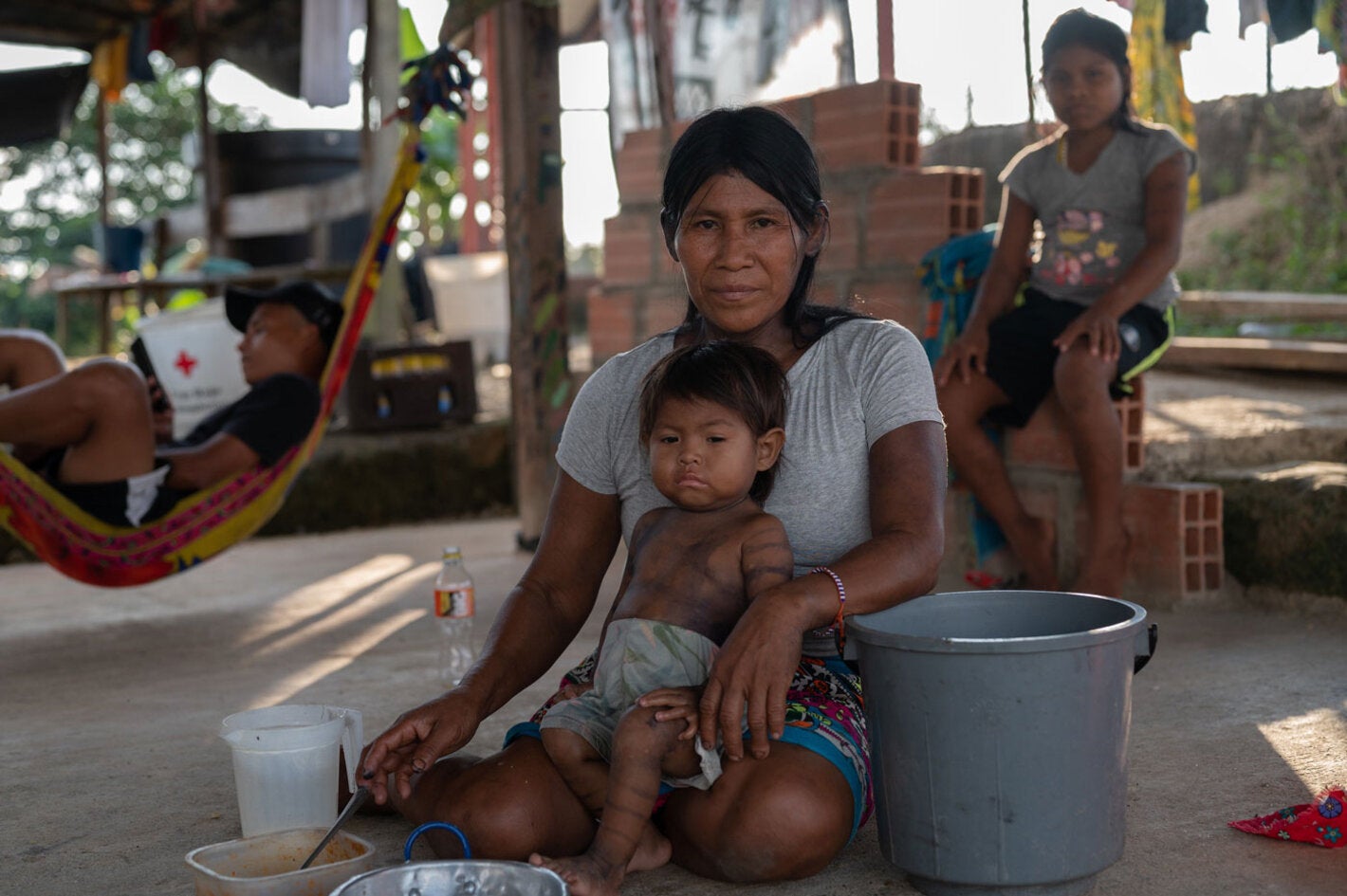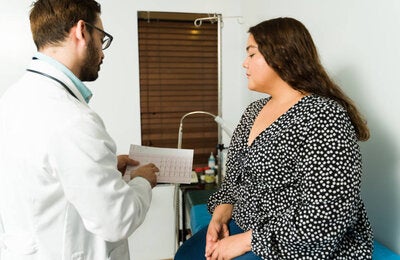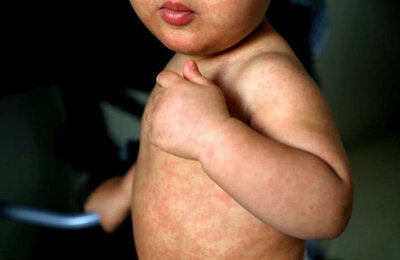
Geneva, 29 May, 2023 (PAHO/WHO) – A new resolution to accelerate efforts towards ensuring the health of Indigenous populations was approved today at the 76th World Health Assembly, taking place in Geneva, Switzerland, this week from 21-30 May. The commitment is expected to have significant implications for the Americas, which is home to more than 62 million Indigenous persons.
Under the new resolution, countries will develop, finance and implement national health plans for Indigenous peoples that ensure their equal right to the highest attainable standard of physical and mental health.
During a side-event to discuss the health of Indigenous people, Dr. Marcos Espinal, Assistant Director of the Pan American Health Organization (PAHO), underscored that Indigenous populations in the Americas are more likely to experience higher rates of infectious diseases, such as tuberculosis, as well as increased levels of noncommunicable diseases like diabetes.
“This is why this resolution is so crucial for our Region, because it is based on strategies that address the specific environmental and social contexts in which Indigenous persons live,” he said.
This includes measures that tackle the social determinants of health, including poverty, poor housing, and lack of access to education, economic opportunities, social protection, and water and sanitation, which disproportionately affect these populations.
As Indigenous women also experience worse maternal health outcomes within countries, the resolution also has a particular focus on ensuring maternal and adolescent health, including access to sexual and reproductive health services.
It also calls for increased investment in the training of Indigenous health care workers, and for plans to safely incorporate evidence-based traditional and complementary medicine into Indigenous health services.
During the presentation of the proposal, countries of the Americas placed an emphasis on the importance of ensuring an intercultural and intersectoral approach in the development of Indigenous health policies that overcome barriers pertaining to gender, geographic location, age, language, digital connectivity.
The resolution also calls for the generation of more disaggregated data to enable countries to expand their knowledge of the specific health situation of Indigenous populations.
PAHO continues to work with countries of the Americas to ensure the health of Indigenous Populations. This includes through the implementation of the Organization’s pioneering Strategy and Plan of Action on Ethnicity and Health 2019-2025, which is aligned with global commitments to ensure the human right to health of Indigenous peoples. This strategy includes specific measures to address the most urgent Indigenous health needs, such as the reduction of maternal mortality, the reduction of infant mortality, and the reduction of TB burden among Indigenous populations.



